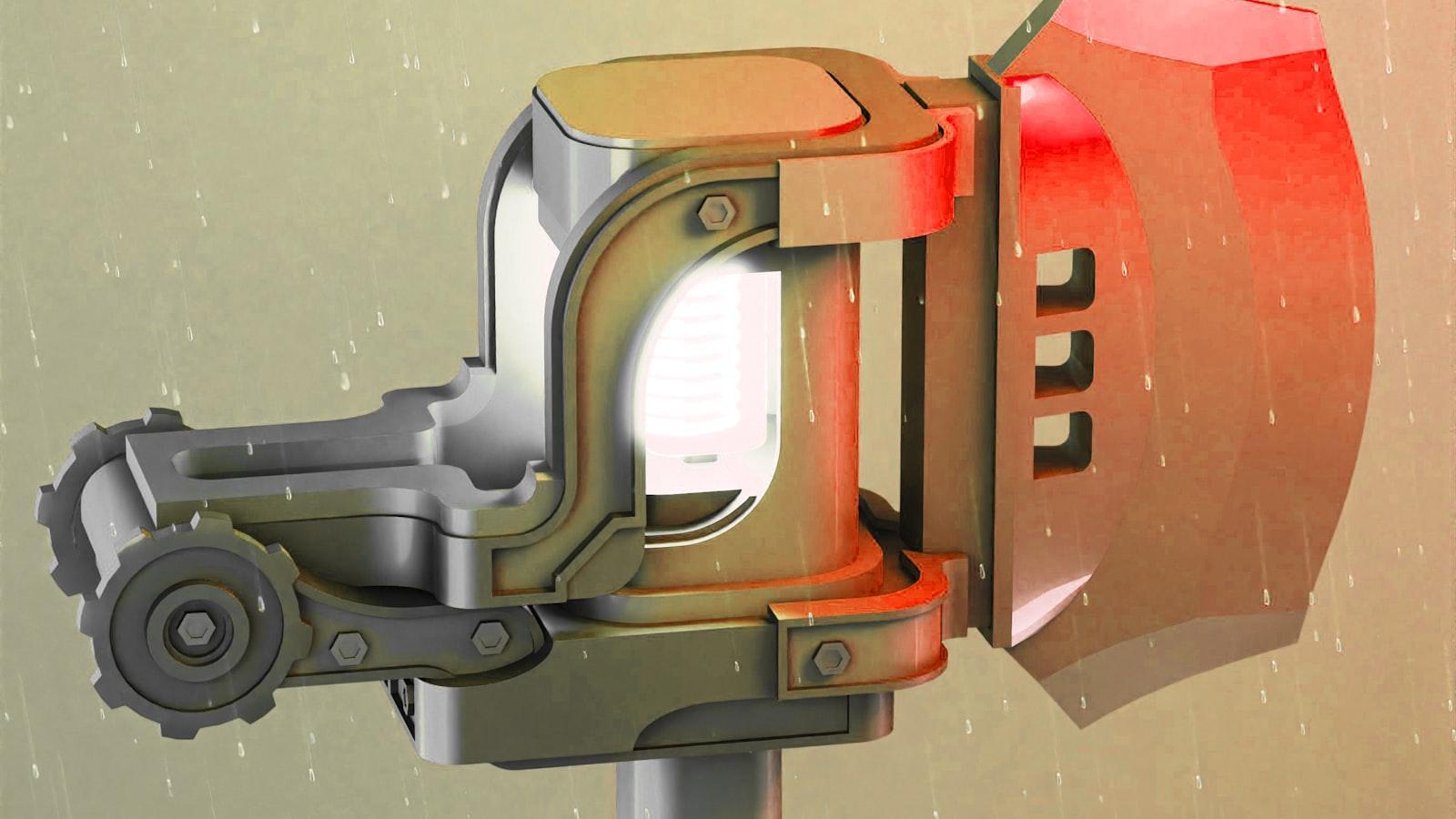Insight into Executor Inheritance
When it comes to estate planning, the executor of a will plays a crucial role in ensuring the deceased’s wishes are carried out. A common query that arises is whether an executor can also inherit from the estate. This article delves into this topic, shedding light on the complexities of estate planning.
Exploring the Executor’s Responsibilities
Prior to discussing the possibility of an executor inheriting from a will, it is important to grasp the duties and obligations of an executor. The executor is designated by the deceased individual (the testator) to execute the instructions outlined in their will. Key responsibilities include:
- Managing and organizing the deceased’s assets
- Informing beneficiaries and heirs of their entitlements
- Settling debts and taxes of the estate
- Distributing assets in accordance with the will
Possibility of Executor Inheritance
Indeed, an executor can inherit from a will, but certain factors must be taken into consideration:
-
Potential Conflict of Interest: While it is feasible for an executor to receive an inheritance, concerns regarding conflicts of interest may arise. It is imperative for the executor to fulfill their duties impartially and in alignment with the testator’s wishes to avoid legal disputes.
-
Entitlement to Compensation: In some instances, the executor may be eligible for compensation for their efforts in estate administration. This compensation is typically specified in the will or determined by state regulations. Any inheritance received by the executor would be separate from their compensation.
-
Beneficiary Status: If the executor is also named as a beneficiary in the will, they have the right to inherit like any other beneficiary. However, it is crucial for the executor to uphold their fiduciary responsibilities and act in the best interests of all parties involved.
Advantages and Practical Suggestions
While concerns about conflicts of interest may arise when an executor inherits from a will, there are potential benefits to consider:
-
Insight into the Testator’s Intentions: As the individual entrusted with executing the will, the executor profoundly understands the testator’s wishes. This can facilitate the distribution of the estate in accordance with the testator’s desires.
-
Efficient Estate Administration: When the executor is also a beneficiary, there may be a heightened motivation to efficiently administer the estate, leading to a smoother distribution of assets to beneficiaries.
Here are some practical recommendations for executors who are also beneficiaries:
-
Consult Legal Counsel: Seeking advice from a legal professional is essential to fulfilling duties as an executor while safeguarding interests as a beneficiary.
-
Prioritize Transparency: Maintaining transparency in actions as an executor is crucial to avoid any suspicions of misconduct. Detailed records of estate-related transactions and communications should be kept.
-
Open Communication with Beneficiaries: Keeping beneficiaries informed about estate administration progress and addressing any concerns or queries is vital.
Final Thoughts
In conclusion, an executor of a will can inherit from the estate, but caution must be exercised to prevent conflicts of interest. By comprehending their role, seeking legal guidance, and upholding transparency throughout the process, an executor can effectively fulfill their duties while potentially benefiting as a beneficiary. Estate planning is a multifaceted and emotionally charged process, and having a knowledgeable and diligent executor can significantly impact the successful execution of the testator’s wishes.

Executor of a Will: Can They Inherit? Exploring the Rights and Responsibilities
Introduction
When someone passes away, their last will and testament dictate how their assets will be distributed. The individual responsible for carrying out the wishes outlined in the will is known as the executor. While the executor plays a crucial role in managing the deceased’s estate, many wonder whether they can inherit anything.
Rights of an Executor
1. Authority to Manage the Estate
One of the primary rights of an executor is the authority to manage the deceased’s estate. This includes identifying and inventorying assets, paying debts and taxes, and distributing assets according to the terms of the will.
2. Payment for Services
An executor is entitled to a fee for their services, which is typically a percentage of the estate’s value. This fee is set by state law or outlined in the will itself.
3. Access to Information
As the executor, you have the right to access all relevant financial and legal information pertaining to the estate. This includes bank accounts, investments, property deeds, and insurance policies.
Responsibilities of an Executor
1. Fiduciary Duty
As an executor, you have a fiduciary duty to act in the estate’s and its beneficiaries’ best interests. This means you must manage the assets prudently, avoid conflicts of interest, and keep accurate records of all financial transactions.
2. Probate Process
One of an executor’s primary responsibilities is to guide the estate through the probate process. This involves proving the will’s validity, settling any debts or claims against the estate, and distributing assets to beneficiaries.
3. Communication with Beneficiaries
An executor needs to keep beneficiaries informed about the progress of the estate administration. This includes providing regular updates, responding to inquiries, and resolving any disputes that may arise.
Can an Executor Inherit from the Estate?
While an executor has the right to be compensated for their services, they typically cannot inherit from the estate unless specified in the will. In most cases, it is considered a conflict of interest for an executor also to be a beneficiary of the estate.
Practical Tips for Executors
- Consult with an attorney to ensure you understand your rights and responsibilities as an executor.
- Keep meticulous records of all financial transactions and communications related to the estate.
- Communicate openly and transparently with beneficiaries to avoid misunderstandings or conflicts.
Case Studies
Let’s consider a hypothetical case where an executor named in a will also stands to inherit a significant portion of the estate. In this scenario, the executor may choose to resign from their role to avoid any appearance of impropriety and allow a neutral party to oversee the estate administration.
Final Thoughts
Being named executor of a will is a significant responsibility that comes with rights and obligations. While the executor is entitled to a fee for their services, they are generally not permitted to inherit from the estate unless explicitly stated in the will. By understanding their role and acting in accordance with the law, executors can ensure a smooth and legally compliant estate administration process.


